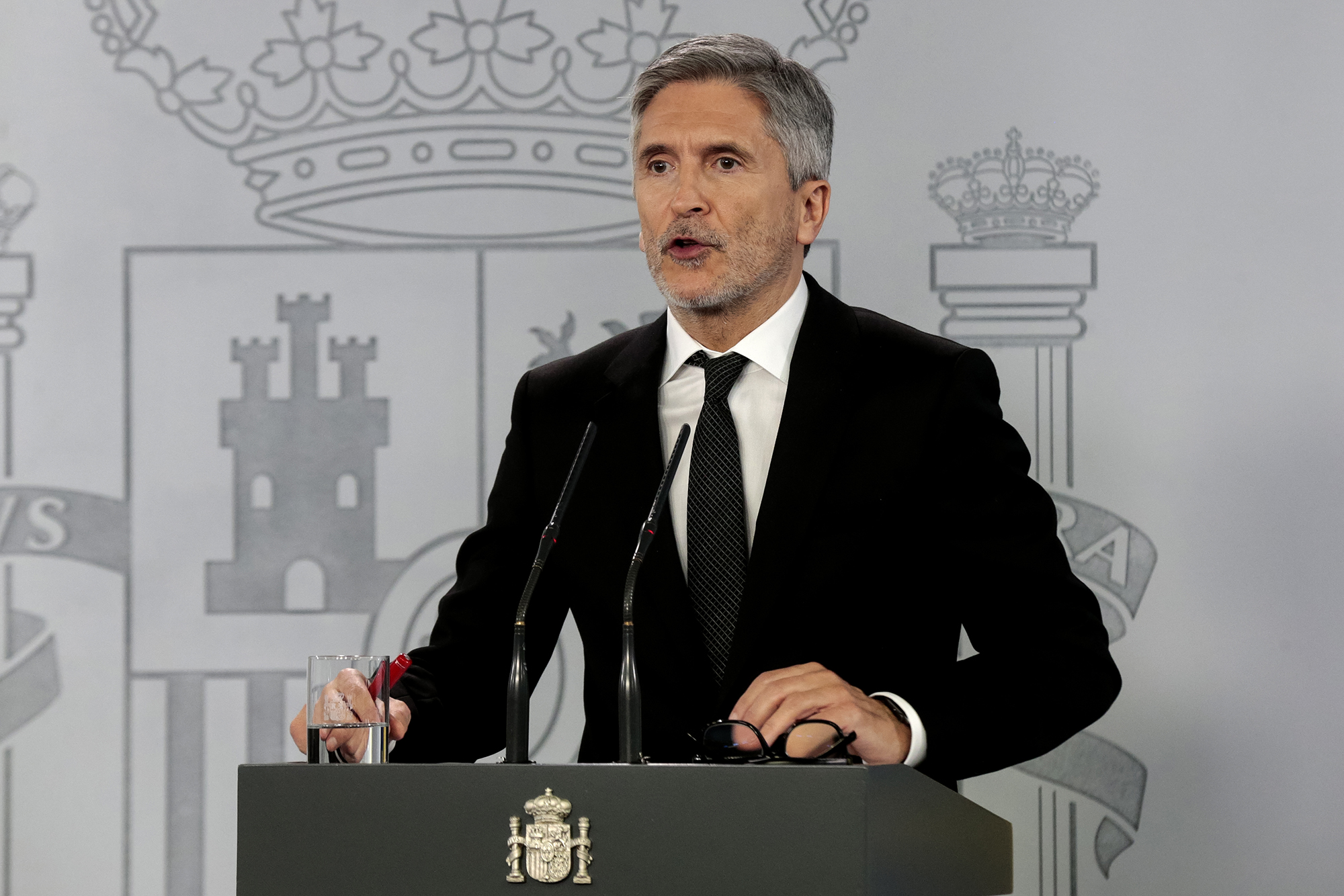
- The Order of the Ministry of the Interior of October 23, 1984, approved at the time of ETA, established a “retribution” for the concepts of “dangerousness and hardship” for the National Police and the Spanish Civil Guard, which would apply to “all personnel working in conflict zones”. The Spanish Government replied in March to a question from EH Member Bildu Jon Iñarritu on this subject.

The Spanish Government replied in March to the question put by EH Member Bildu Jon Iñarritu on 13 February. There, the Member referred to the order approved by the Spanish Ministry of the Interior on 23 October 1984, at the time of ETA, and asked whether there had been changes in the "incentives" that were set for the members of the Police and the Civil Guard, as he has now gathered Public. In fact, article 4 of the Order details a “remuneration” received by members of the Spanish National Police and the Civil Guard for the concepts of “dangerousness and hardship”. “This complement will be received by all workers working in conflict zones, regardless of their role,” says Article 4.3 of the Official State Gazette. In the response of the Government of Spain to Iñarritu, it was clarified that “the regulations remain in force regarding the abolition, reduction or modification of these incentives”.
After six years since the dissolution of ETA, Iñarritu has asked several times about these savings in recent years. Asked in 2018, the spokesman for the Unified Police Union, Ramon Cossí, told the public that the Ministry of the Interior was “in agreement with keeping those items” due to the “social rejection” and the “exclusion situation” that the members of the Police and the Civil Guard lived in Euskal Herria. He pointed out that the “lack of normality” was another reason to maintain this plus.
In response to Iñarritu in March 2020, the Ministry of the Interior stated that the costs of “dangerousness” and “territoriality” for 2,676 civil guards and 1,792 national police officers amounted to 22,850.065 euros.